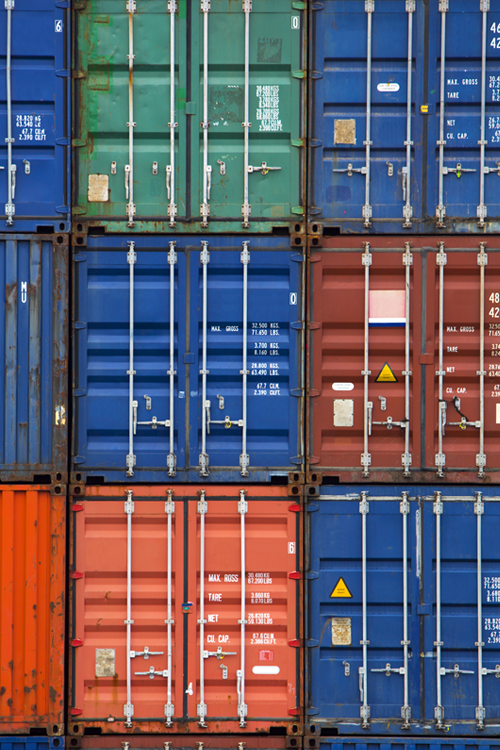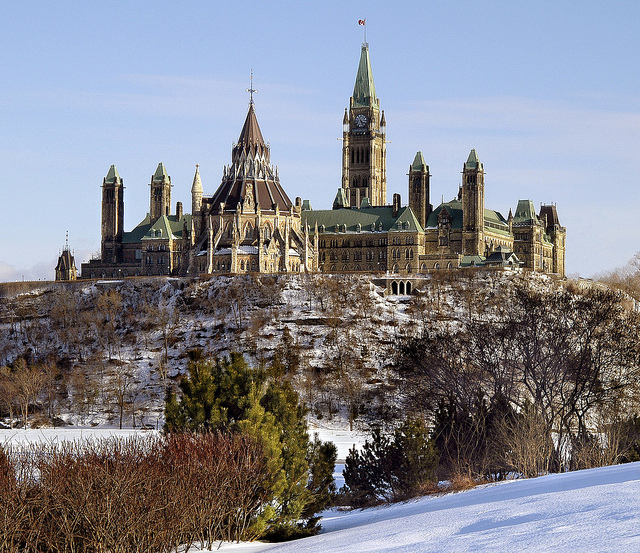On Friday January 27th, Donald Trump signed an Executive Order banning entry to the United States to travellers, immigrants, and refugees, with immediate effect. The Order, which applies to Iran, Iraq, Libya, Somalia, Sudan, Syria, and Yemen, has drawn fire both domestically and from overseas. Some commentators drew attention to the timing of the move, which fell on Holocaust Memorial Day, while others pointed out that the Ban does not apply to predominantly Muslim nations in which Donald Trump has significant business interests, such as Saudi Arabia and Egypt.
The order is set to last 90 days for travelers, and 120 days for refugees, although it can of course be extended in the same manner as it was signed. President Trump has defended the move as necessary to maintain “strong borders”. The announcement, coming exactly one week after Trump’s inauguration, “largely avoided the traditional interagency process that would have allowed the Justice Department and homeland security agencies to provide operational guidance,” according to anonymous sources to CNN.
Within a day over 100 people were detained under the new order, according to Al-Jazeera. Slate.com reported that pro bono lawyers attended at LAX and JFK to file emergency writs of habeas corpus on behalf of detained individuals.
Messages are currently mixed as to whether the travel ban applies to Canadian (or other) citizens with dual nationality. After initial confusion, several outlets reported on a Saturday clarification from the Department of Homeland Security that Canadian dual passport holders will not be affected. Dual citizens from the UK or other nations, however, do not appear to be protected by the same announcement.
Following protests at several airports and the intervention of the American Civil Liberties Union (ACLU), Federal Court Justice Ann Donnely ruled late Saturday evening that those who have already landed in the US and have valid visas should not be returned to their country of origin.
Nonetheless, travelers holding a passport or citizenship from one of the affected countries are cautioned that travel to the US for business or personal purposes carries significant risks. US border officers have almost unlimited authority in respect of non-citizens seeking entry into the United States, and it is an offence to make a false statement to a border officer.
Canadians needing emergency consular assistance can contact the nearest consular office or (613) 996 8885 or email sos@international.gc.ca
Persons detained under this Order at US airports should seek local counsel or contact the ACLU Hotline at 415-621-2488.



